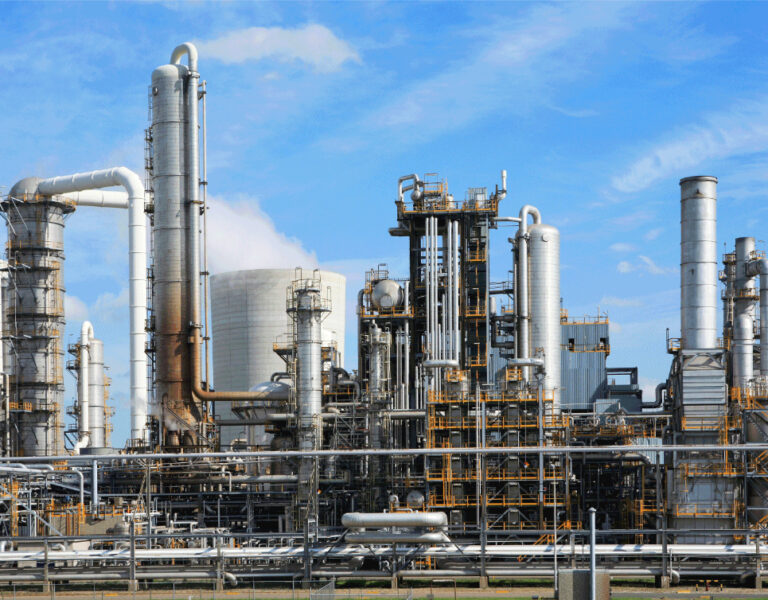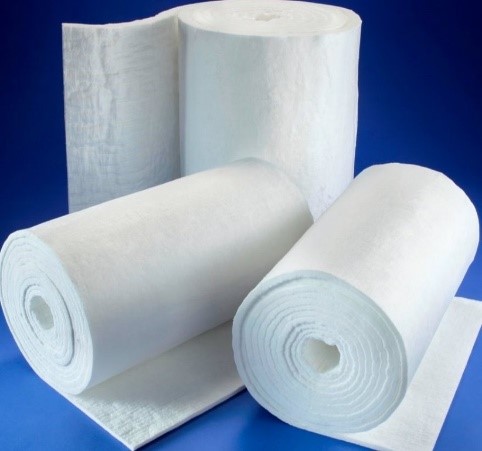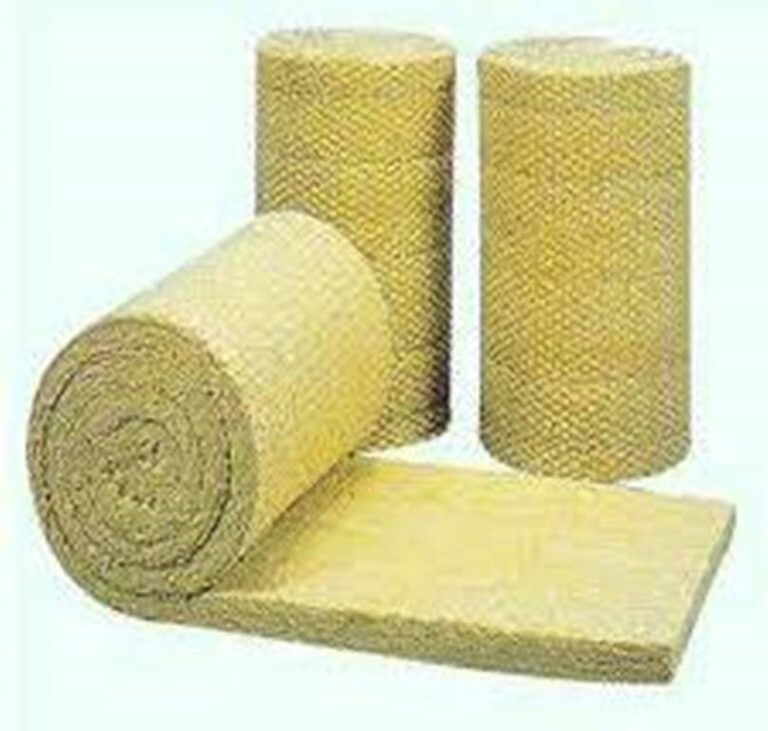THERMAL INSULATIONS
Thermal insulation reduces heat transfer between solid objects, fluids, or gases by introducing a barrier between them. Insulation can be critical for a range of industries including energy, industrial, medical, and more.
Thermal insulation helps maintain the desired environment by preventing heat loss from any given system. Proper insulation can have a range of benefits, including increased energy efficiency and reduced energy costs. For example, insulating homes can offer lower annual heating and cooling costs for owners. Similarly, in a process plant, an insulated pipe can prevent the stream of fluid from transferring heat to surrounding environments and deliver the fluid at the desired outlet temperature
Thermal insulation materials limit the rate of heat flow between objects or substances. Materials with the lowest thermal conductivity will provide the highest performance insulation. In addition to thermal conductivity, other physical properties may be considered when selecting insulation materials, such as:
Some of the most common thermal insulators are fiberglass, mineral wool, polyurethane foam, and polystyrene. Some of the highest-performing thermal insulators include aerogel, pyrogel, and advanced vacuum insulation.

- Density
- Thickness
- Specific heat capacity
- Thermal resistance
- Thermal diffusivity
Thermal Insulation Materials
Ceramic Fiber Blanket
Ceramic fiber blankets are used in a variety of thermal management applications due to its superior insulating properties, excellent chemical resistance, high resilience and flexibility. Also, these properties are retained at high temperatures without causing smokes or fumes. Its available in two grades: a) 1260°C b) 1425°C
Standard Density (Kg/m3):
64,96,128,160,
Standard Thickness:
25 mm & 50 mm,
Standard Width:
24” and 48” (610 mm and 1220 mm)




Rockwool / Mineral wool LRB (Lightly Resin Bonded)
Standard Density: 40 – 200 kg/m3, available
Standard Thickness: 25mm - 200mm,
Temperature Range: Up to 750 deg C.
They are majorly used for hot insulation material and Acoustic insulation to conserve energy, maintain process temperature and provide protection from heat and sound. Rockwool products are non-combustible with melting point of approximately 1000 C. They are particularly suitable for thermal insulation, fire protection and sound reduction/absorption.
Glass wool
Standard Density: 16 / 24 / 32 / 40 / 48 Kg/m3, Available
Thickness: 25 mm & 50MM,
Temperature range: -200°C to +250°C
Glass wool is an insulating material, made from fiberglass, arranged into a texture similar to wool. It is one of the most widely used forms of insulation because of its thermal insulation and acoustic insulation properties, lightweight, high tensile strength, and exceptional resilience. It is available with Aluminum facing and also without facing. Glass wool is generally used for thermal insulation in Boilers, Furnaces, Pipelines, Industrial Sheds, Offices, Residential and commercial buildings, Roofs, Ceilings, etc. They are also used as soundproofing in theatres, Auditoriums, Sound recording studios, etc.


Aluminum sheets
Aluminum sheets are widely used in fabricating metal insulation jacketing. Aluminum has light weight and good corrosion resistance. The disadvantage of aluminum is that is has poor durability when exposed to heat. The material can have a smooth, embossed and corrugated surface finish. Smooth finishes have a more attractive and easier to clean surface, however, they show surface wear. Embossed finishes do not show surfaces damages but they do hold contamination easier than smooth surfaces. Corrugated surfaces are available in a variety of sizes and are stiffer than other jacket materials. The disadvantage of a corrugated surface is that water can collect on the top surface which can then penetrate into the insulation.


Stainless steel jacketing
Stainless steel jacketing is often used in chemical plants to protect the underlying insulation and pipe from the corrosive fumes and leaking chemicals and other environmental conditions. This material is also used when there is a potential for fire because it melts at a much higher temperature and will remain in place much longer than aluminum. Stainless steel is more expensive than aluminum but it provides superior protection against fire and corrosion and is therefore the most commonly selected insulation jacketing material.
